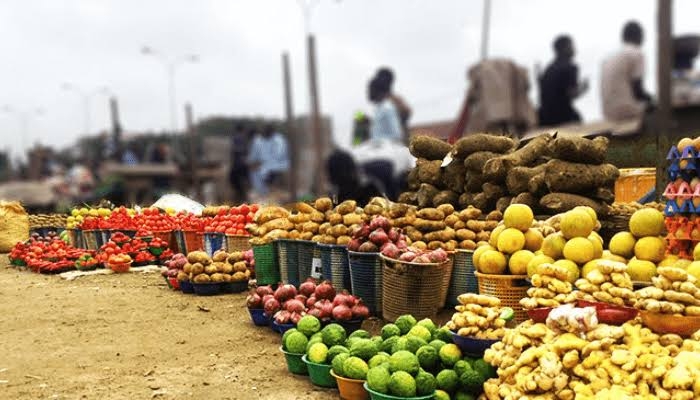In a bid to address the pressing issue of widespread hunger in Nigeria, the Bola Tinubu-led federal government has recently announced a controversial policy to import food. While the intention to provide immediate relief is commendable, this approach may prove to be a double-edged sword, potentially causing more harm than good in the long run.
The government's plan includes suspending duties, tariffs, and taxes on the importation of essential food commodities such as maize, husked brown rice, wheat, and cowpeas for 150 days. Additionally, the government intends to import 250,000 metric tons each of wheat and maize. These measures, while seemingly providing a quick solution to food shortages, raise serious concerns about their long-term impact on Nigeria's agricultural sector and economy.
Akinwumi Adesina, President of the African Development Bank Group, has voiced strong opposition to this policy, warning that it could "destroy Nigeria's agriculture." His concerns are well-founded and highlight several critical issues:
Firstly, the massive influx of imported food threatens to undermine local agricultural production. Nigerian farmers, who have been working tirelessly to increase domestic food supply, may find themselves unable to compete with cheaper imported goods. This could lead to a significant setback in the country's efforts to achieve food self-sufficiency and may discourage further investment in the agricultural sector.
Secondly, the policy is likely to exert additional pressure on the already struggling Naira. Increased demand for foreign currency to finance these imports will likely lead to further devaluation of the national currency, exacerbating Nigeria's economic challenges.
Moreover, the low value of the Naira relative to the currencies of neighboring countries presents another risk. There is a high likelihood that a substantial portion of the duty-free imported food will be smuggled across borders, mirroring the fate of subsidized petroleum products. This not only defeats the purpose of addressing domestic food shortages but also results in a loss of potential revenue for the government.
Instead of relying on imports, the government should focus on addressing the root causes of food insecurity in Nigeria. Priority should be given to tackling the security issues that hinder farmers from producing at full capacity. Efforts should be made to stabilize the value of the Naira and provide essential agricultural inputs and machinery to boost local production.
Furthermore, the government's plans to ramp up production for the 2024/2025 farming cycle, including support for smallholder farmers, agricultural mechanization, and irrigation improvements, are steps in the right direction.
While the immediate need to address hunger is undeniable, it is crucial that short-term measures do not compromise long-term food security and economic stability. As Adesina rightly pointed out, "Nigeria cannot import its way out of food insecurity." The nation must strive to feed itself with pride, focusing on boosting local production, creating jobs, and reducing dependence on foreign imports.
In conclusion, while the government's intentions are noble, the food importation policy risks undermining Nigeria's agricultural sector and economic stability. A more balanced approach that prioritizes long-term sustainability over short-term relief is essential. Only by fostering domestic production and addressing underlying issues can Nigeria truly achieve lasting food security and economic resilience.

































































